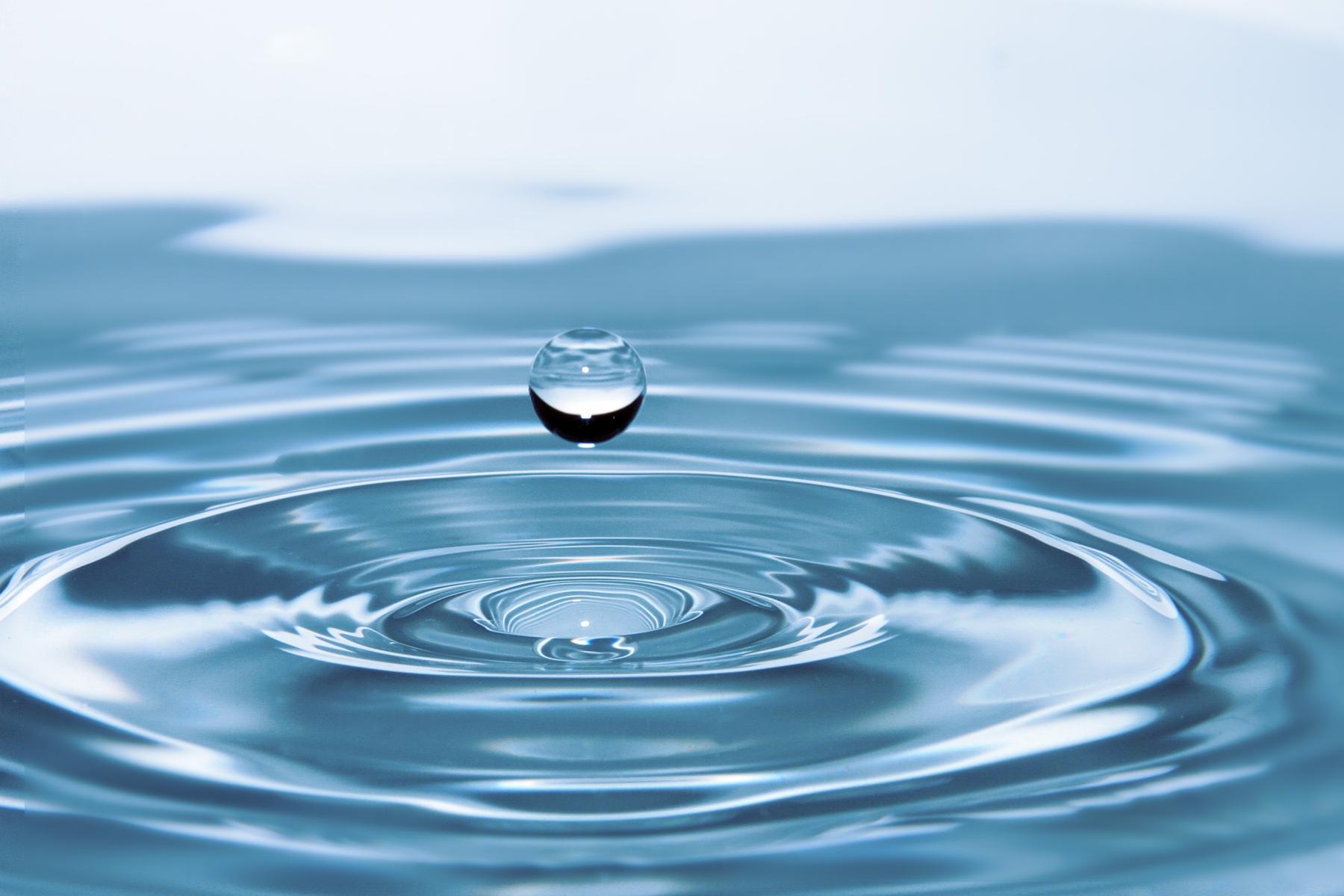
Upcycling Empty Water Bottles
by Irene Floro
In the lesson on upcycling empty water bottles, students will embark on an innovative and eco-friendly exploration of creative reuse, incorporating science, technology, engineering, and math (STEM) concepts. This dynamic lesson empowers students to rethink the traditional notion of waste as they transform ordinary plastic bottles into unique and functional creations with a new lease on life.
Throughout the lesson, students will delve into the science behind plastic materials, examining their properties, environmental impact, and potential for repurposing. They will explore the lifecycle of plastic bottles, from production and consumption to disposal, gaining insight into the challenges of plastic pollution and the importance of sustainable practices. By understanding the science behind plastic materials, students will develop a deeper appreciation for the significance of upcycling as a means of reducing waste and conserving resources.
Using engineering principles, students will apply their knowledge of plastic materials to design and build innovative projects that breathe new life into empty water bottles. From artistic sculptures and decorations to practical organizers and planters, students will unleash their creativity and problem-solving skills as they repurpose plastic bottles into functional and aesthetically pleasing creations. Throughout the design process, students will experiment with different techniques and construction methods, exploring the possibilities for upcycling in a variety of contexts.
Incorporating technology, students will leverage digital resources and online platforms to seek inspiration and ideas for their upcycling projects. They will explore a wealth of innovative designs and examples of upcycled creations, drawing inspiration from DIY crafting websites, social media platforms, and online communities dedicated to sustainable living. By harnessing the power of technology, students will expand their creative horizons and discover new possibilities for repurposing empty water bottles in imaginative and unexpected ways.
As students immerse themselves in the creative process, they will apply mathematical concepts to make precise measurements, calculate materials, and ensure the structural integrity of their upcycled projects. From estimating the volume of water bottles needed for a specific design to calculating the dimensions of components and fittings, students will engage in practical applications of math that enhance their critical thinking and problem-solving skills.
By the end of the lesson on upcycling empty water bottles, students will not only have created innovative and sustainable projects but also gained a deeper understanding of the interconnectedness of science, technology, engineering, and math in addressing real-world challenges. Through hands-on exploration and creativity, students will celebrate the power of innovation and ingenuity to transform waste into wonder, paving the way for a more sustainable future.
Lesson Grade Level
7th GradeLesson Plan Link/URL
https://docs.google.com/presentation/d/10TddzKum6Bx-FOPcruwPSguaWX3GuWfn/edit?u…Related Content

Grades:
4th Grade
In this 7 week unit, students will utilize resources around them to create a garden for a culminating taco party! Students will work on science, math, and ELA within the unit. Feel free to host this

Grades:
Kindergarten, 1st Grade, 2nd Grade, 3rd Grade, 4th Grade, 5th Grade, 6th Grade, 7th Grade, 8th Grade
Most students are likely familiar with popular films like Happy Feet, Surf’s Up, Penguins of Madagascar, and classic books like Mr. Popper's Penguins. Capitalizing on this familiarity with penguins

Grades:
3rd Grade, 4th Grade, 5th Grade, 6th Grade, 7th Grade, 8th Grade, 9th Grade
Engineers often create small-size models of a new product to test its design. This is especially true with airplanes. Model testing tells engineers how a design responds to different air conditions